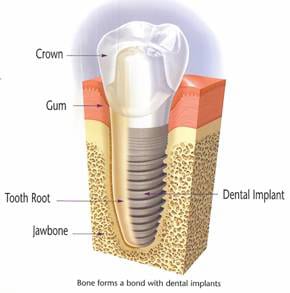My 20 year old daughter had a dental appointment last week. Days before the appointment, she kept saying that she was not looking forward to it, and she started looking a bit pale. This is because there is always a problem getting her gums numb, and we have to keep re-scheduling appointments. I am wondering if we need to switch to another dentist. She doesn’t like needles anyway but the dentist keeps giving her shot after shot and it doesn’t work. What do you suggest? – Yvette
Yvette – Your daughter’s comments about not looking forward to her dental appointment, along with the fact that she isn’t getting numb, suggest that she has dental anxiety.
If a patient isn’t able to relax, the level of anxiety and adrenaline flow prevents the local anesthetic from working. A dentist who offers sedation will determine which level is best based on your daughter’s anxiety level and the dental treatment required. A relaxed state calms the nervous system so that local anesthetic can be effective.
Levels of Sedation Dentistry
Nitrous – A sedation dentist can use nitrous oxide (laughing gas) to help your daughter relax. She will be awake, but relaxed enough for the anesthetic to work. Nitrous oxide provides a sense of well-being and is quickly reversed after the procedure.

Oral conscious sedation – This moderate level of sedation works well for patients who are especially anxious. It also works well for lengthy procedures. Just before her appointment, your daughter will take a small amount of oral medication commonly prescribed to relieve anxiety. She will be conscious and her vital signs will be monitored. But she will be so relaxed during the appointment that she is likely not to remember it. Arrange for transportation to and from the dental appointment, because she will be drowsy.
IV sedation – IV sedation is the highest level of treatment. Its effects are rapid because it is administered intravenously. It causes drowsiness, so patients need transportation to and from their dental appointment.
Catering to Anxious Patients
In addition to providing sedation, some dentists cater to anxious patients by practicing gentle dentistry and making the effort to adjust treatment techniques to ensure the each patient’s comfort.
If your daughter’s dentist doesn’t offer sedation dentistry, you can search for a dentist who is able to help her relax and get the care she needs.
This post is sponsored by Glendale, CA dentist Dr. Robert Thein.


